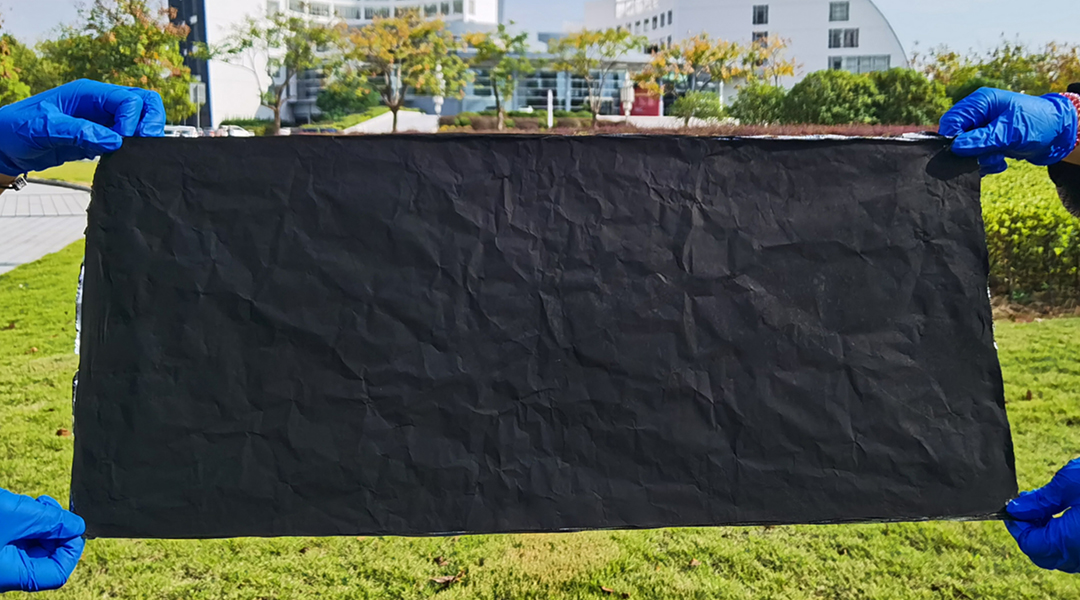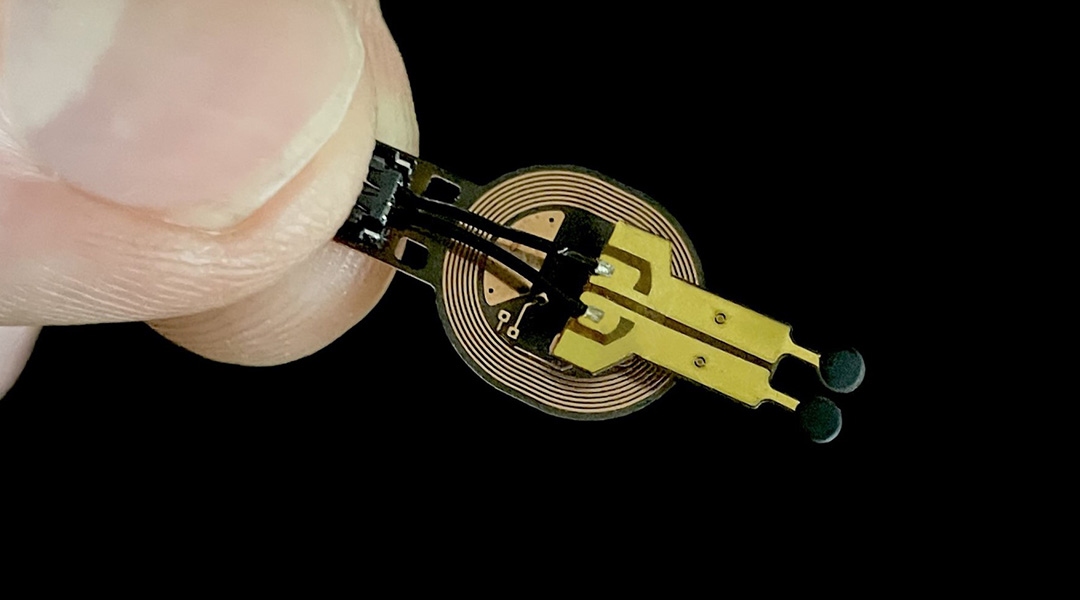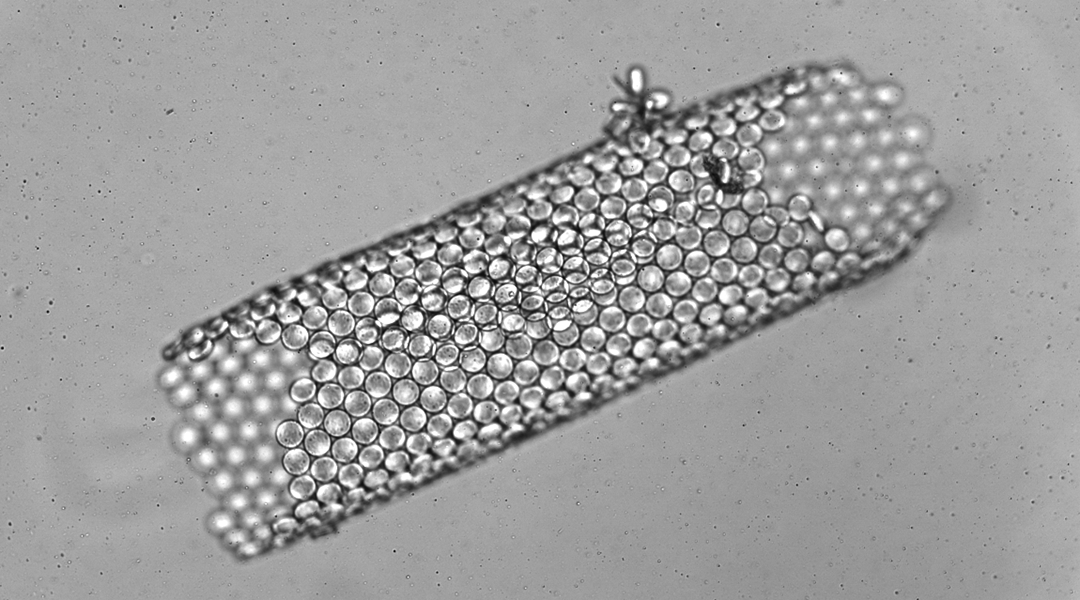Tuneable micro-structured surfaces could overcome the limitations of current unchangeable components that result in “static” optical devices.


Tuneable micro-structured surfaces could overcome the limitations of current unchangeable components that result in “static” optical devices.

Manipulating light on the nanoscale allows scientists to create specific structural colors that do away with the need for potentially harmful dyes.

Promising candidates for efficient future electronics, researchers are exploring these exotic materials for better computer memory, hard drives, even quantum computers.

Researchers create a multi-layered electronic skin that mimics human skin with applications ranging from robotics to telehealth.

AI is changing the labor-intensive process of manual cell counting, offering improved accuracy, efficiency, and a door into new scientific applications.

Scientists develop a sensor that predicts wound healing rate with more than 70% accuracy.

Capable of measuring stress through micro gestures “EmoSense” could find its way to wearable electronics in the future.

An acid sensitive hydrogel makes it possible to detect dangerous leaks before they cause damage.

A new type of superconductor may just be what physicists have been searching for over the past 40 years.

Scientists have developed a method to produce millimeter-scale soft robots by chemically binding hundreds of microrobots together.